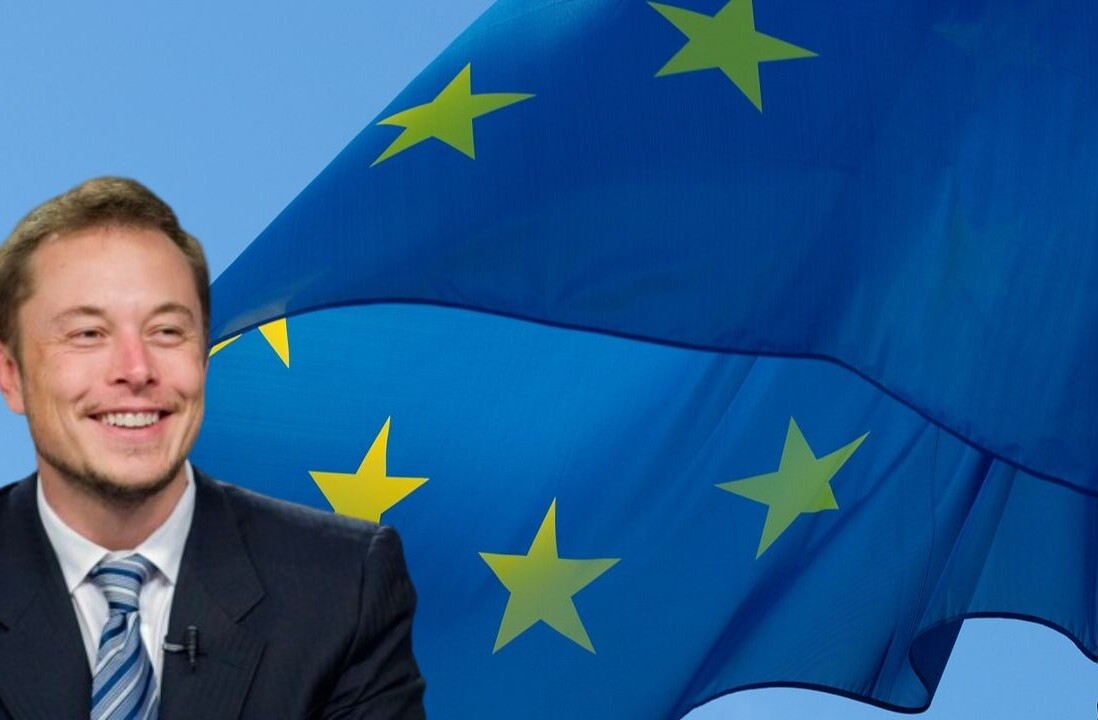
This essay is part of a series written by speakers featuring at our upcoming TNW USA Conference on December 10 in New York. It is adapted from Andrew’s new book, The Internet is Not the Answer, which will be published in the US on January 6th 2015.
With the Internet about to celebrate its fiftieth birthday, there’s no doubt that digital revolution and the disruptive businesses that it’s empowering, has transformed the world profoundly. But has the Internet – which is now disrupting industries as disparate as media, transportation, healthcare, finance, education and commerce – actually benefitted society?
In my upcoming new book, The Internet Is Not the Answer, I argue that the networked revolution has, so far, been an enormous failure. So here are ten reasons why the Internet is not the answer.
- Rather than redistributing power and wealth, it has created supersized 21st century monopolists like Amazon & Google.
- Instead of creating jobs, it has created $19 billion Internet startups like WeChat that only employ 55 people.
- As the Snowden NSA leaks have revealed, rather than creating a healthily transparent society, it is is destroying our privacy and enabling both governments and private companies to spy on us all the time.
- Rather than democratizing wealth, the Silicon Valley economy of multi billion dollar startups like Airbnb is compounding the chasm between rich and poor.
- Rather than a cultural renaissance, Online piracy and the “free” content of the blogosphere and social media have decimated the music, newspaper, photography and book industries.
- Rather than advancing democracy, anonymous networks like Reddit and 4Chan have empowered the rule of the mob.
- Rather than improving tolerance, self-broadcasting networks like Twitter and Facebook are compounding an online pandemic of racism, sexism and bullying.
- Rather than a cultural renaissance, it has sparked an selfie-centric era of invidious narcissism on networks like Instagram.
- The so-called “sharing economy” of networks is actually the selfish economy of ethically challenged entrepreneurs like Uber CEO Travis Kalanick.
- It puts us all to “work” in “data factories” like Tumblr and Pinterest for free as they grow rich from the data we provide them about ourselves every day.
Yes, the Internet is an epic fail. Rather than creating wealth, the unregulated digital economy is slowly making most of us poorer. Rather than generating new jobs, the Internet is contributing significantly to rising unemployment.
Rather than sparking equality, it is widening the chasm between rich and poor. Rather than holding our elected officials to account, it is turning the entire globe into a brightly lit glass cage in which everything is seen and recorded. Rather than promoting tolerance and understanding, it is empowering mob rule. And rather than encouraging a new renaissance, it is encouraging a culture of distraction, vulgarity, and narcissism.
So what is to be done? We are almost fifty years into the Internet age, and the next twenty-five are critical since, by 2039, almost everyone alive will be online.
What we have now is a top down, winner-take-all economy all run by monopolistic companies like Google, Facebook and Amazon. What we need is a fairly distributed, networked society that enriches citizenship rather than consumption. What we need is a culture of responsibility rather than rights
Above all, what we need is an Internet to benefits everyone, rather than just a tiny group of irresponsible Silicon Valley entrepreneurs.
Image © DC Comics
This essay is part of a series written by speakers featuring at our upcoming TNW USA Conference on December 10 in New York. It is adapted from Andrew’s new book, The Internet is Not the Answer, which will be published in the US on January 6th 2015.
Get the TNW newsletter
Get the most important tech news in your inbox each week.




